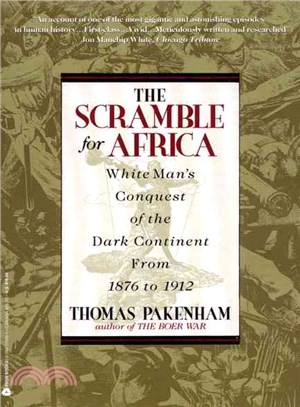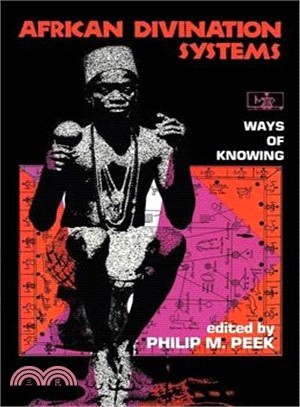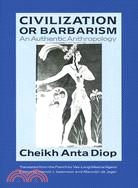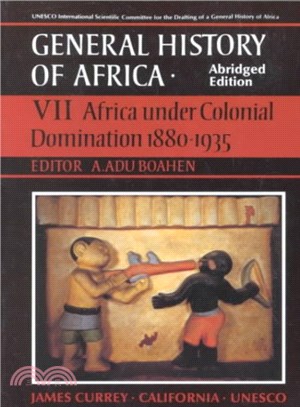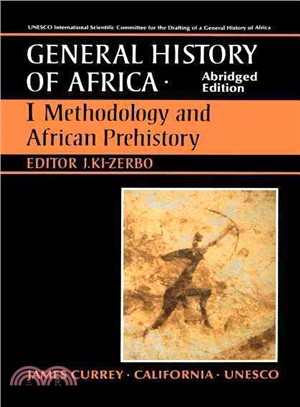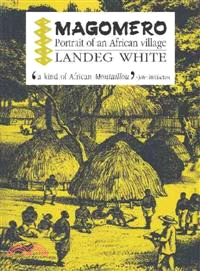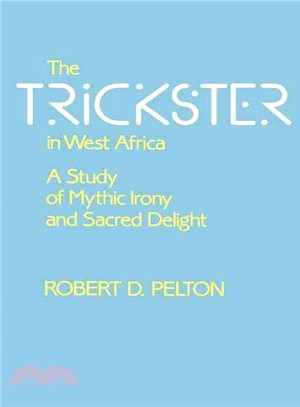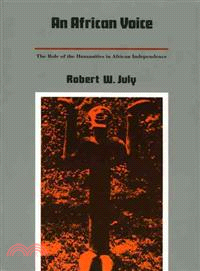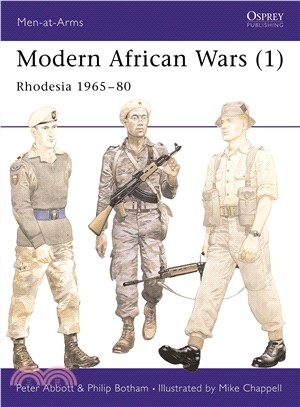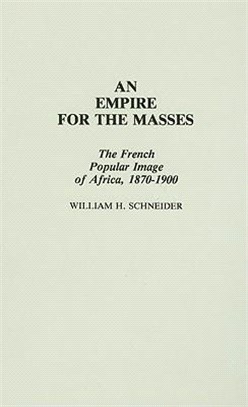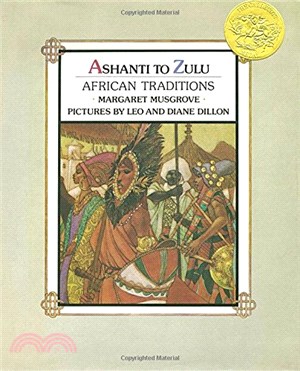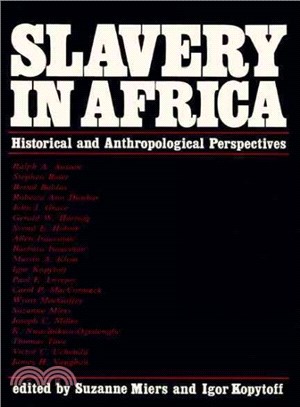共
1413 筆
第35 / 36 頁
優惠價:1
568
無庫存
優惠價:9
1619
無庫存
優惠價:79
389
無庫存
優惠價:1
1977
無庫存
優惠價:79
751
無庫存
優惠價:79
738
無庫存
優惠價:1
188
無庫存
優惠價:1
2037
無庫存
優惠價:1
416
無庫存
若需訂購本書,請電洽客服 02-25006600[分機130、131]。
優惠價:1
1497
無庫存
優惠價:1
758
無庫存
優惠價:1
2037
無庫存
優惠價:1
493
無庫存
優惠價:9
3386
無庫存
優惠價:1
2097
無庫存
出版日:1990/07/01
作者:A. Adu Boahen (EDT);
UNESCO International Scientific Committee for the Drafting of a genera (COR)
出版社:Univ of California Pr
裝訂:平裝
優惠價:9
1833
無庫存
優惠價:1
2037
無庫存
出版日:1989/12/01
作者:J. F. Ade Ajayi (EDT);
J. F. Ade Ajayi;
UNESCO International Scientific Committee for the Drafting of a genera (COR)
出版社:Univ of California Pr
裝訂:精裝
若需訂購本書,請電洽客服 02-25006600[分機130、131]。
優惠價:9
1725
無庫存
若需訂購本書,請電洽客服 02-25006600[分機130、131]。
優惠價:1
1677
無庫存
優惠價:1
1041
無庫存
若需訂購本書,請電洽客服 02-25006600[分機130、131]。
優惠價:79
600
無庫存
若需訂購本書,請電洽客服 02-25006600[分機130、131]。
出版日:1985/10/01
作者:Molefi Kete Asante (EDT);
Kariamu Welsh Asante (EDT);
Molefi Kete Asante;
Mike Ashley (EDT)
出版社:Greenwood Pub Group
裝訂:精裝
若需訂購本書,請電洽客服 02-25006600[分機130、131]。
若需訂購本書,請電洽客服 02-25006600[分機130、131]。
優惠價:1
1595
無庫存
若需訂購本書,請電洽客服 02-25006600[分機130、131]。
若需訂購本書,請電洽客服 02-25006600[分機130、131]。
優惠價:1
2037
無庫存
優惠價:1
2250
無庫存
優惠價:79
270
庫存:2
優惠價:1
3780
無庫存
優惠價:1
1958
無庫存
優惠價:9
1833
無庫存







